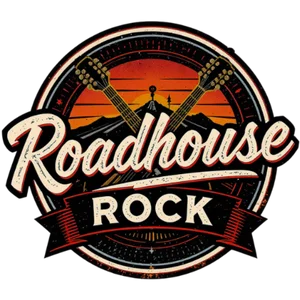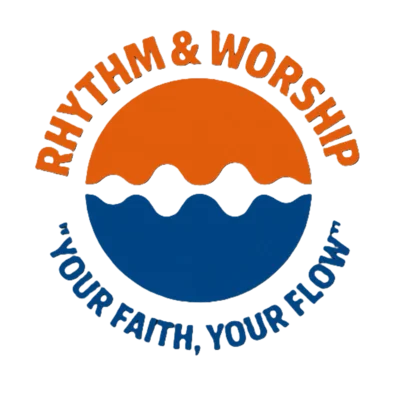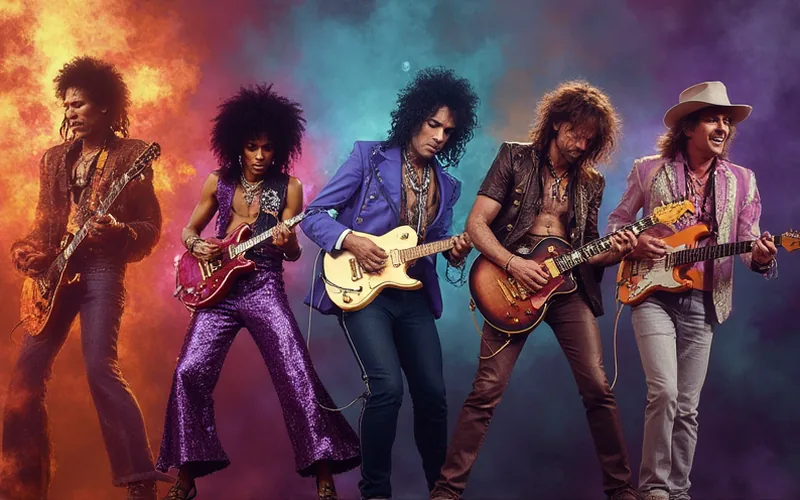Time is undefeated – a cliché, but true.
Rock music may carry an air of immortality, yet musicians are as human as the rest of us. Eventually, the Rolling Stones will stop touring, Stevie Nicks will retire, and the world will no longer have any Beatles. Artists and fans alike must face this reality.
Historically, we’ve never seen a generational change quite like the one ahead. Music has existed for centuries, but as a commodity, it emerged post-World War II. The first 12-inch vinyl LPs were released in 1948. The 1950s saw a rock ‘n’ roll boom, but “classic rock” generally refers to a period from the ’60s to the ’80s.
This three-decade span produced legendary artists like the Beatles, the Rolling Stones, Jimi Hendrix, Fleetwood Mac, Led Zeppelin, Guns N’ Roses, and more. What happens to their legacies after they retire or pass away?
Kiss made headlines in December 2023 by unveiling virtual avatars after their final traditional concert. Their plan involves using technology to create an interactive, virtual concert experience.
“Everything evolves,” Gene Simmons said in 2024. “Technology is here. A.I. is here. Virtual reality is here. And we don’t want to be yesterday’s news. Even the end of something can be the beginning.”
Kiss, known for commercial innovation, leads this avatar venture. It’s not without risk. While the ABBA Voyage virtual concert has succeeded in London, a 2019 hologram tour of Ronnie James Dio disappointed some fans. The public remains skeptical of virtual events for now.
Kiss isn’t alone in retiring from the road. Elton John, Aerosmith, Ted Nugent, and Kenny Loggins have also stepped back, though many leave room for occasional performances. As legendary acts perform less, fans turn to streaming platforms as an alternative.
Brad Sterling, founder and CEO of Nugs.net, provides streaming for artists like Bruce Springsteen. “[Springsteen] came to us wanting to release everything in the archives,” Sterling told UCR. They created a plan to deliver Springsteen’s past concerts to new audiences.
Nugs streams Springsteen’s current tour, balancing past and present. Sterling sees younger fans discovering classic artists through the platform, often while watching modern acts.
“There’s a two-way discovery,” he explains. “These songs will live on beyond the touring artists. [Bob] Dylan is still touring, but who knows in a few years? We have incredible concert videos of the Stones from ’75 and Hyde Park in ’69.”
Classic rock bands have become brands, capitalizing on their intellectual property. Beatles collectibles and band logo merchandise are commonplace. “Selling out” is now the norm.
Catalog sales have become big business, with artists like Pink Floyd, Springsteen, Dylan, and Queen earning substantial sums. The purchasing companies gain control of the songs, a shocking turn from the counterculture days.
“I’m in the song-management business,” said Merck Mercuriadis of Hipgnosis Songs Fund to Rolling Stone. He aims to change paradigms that don’t benefit songwriters, ensuring they receive fair compensation.
This trend provides financial security for artists and heirs, and younger fans often discover classic acts through media or advertisements.
Bands like Queen and the Grateful Dead have shown that a band’s allure can exceed its members. Lynyrd Skynyrd and Blood, Sweat & Tears have toured successfully without original members.
“If it’s not Steve Perry, it’s not Journey!” declared TV host Andy Cohen in 2022. Similarly, Lou Gramm criticized Foreigner for touring without original members but has since joined them on stage.
Josh Homme of Queens of the Stone Age offered a different view: “Even though Lynyrd Skynyrd are a cover band today, people still want to hear these songs.”
Though the future is uncertain, classic rock will endure in some form. Whether through avatars, streaming, new lineups, or other means, artists will continue to reach new fans.
Technology will offer new options for classic rock fans. Sterling revealed that Nugs is developing an integration to enhance the at-home concert experience and sees virtual reality as a growing platform.
“There’s a lot of buzz around Apple Vision,” he said. “It could end up in a headset or as a high-resolution experience in your room.”

























